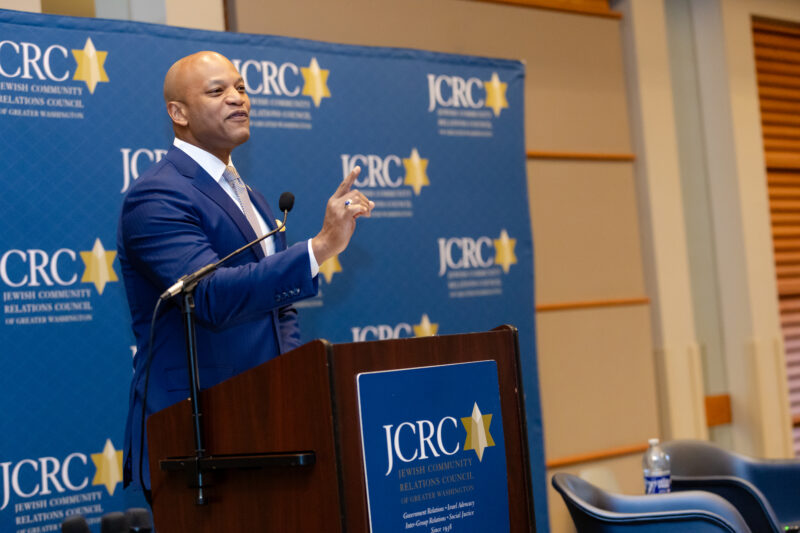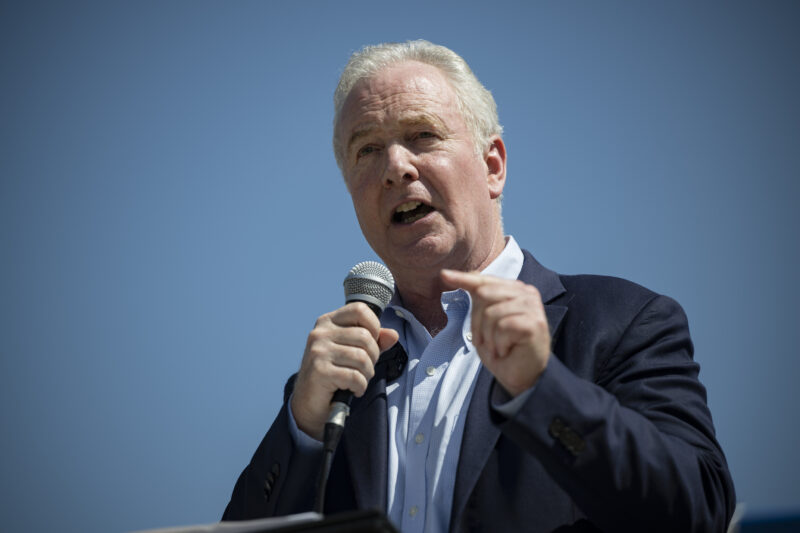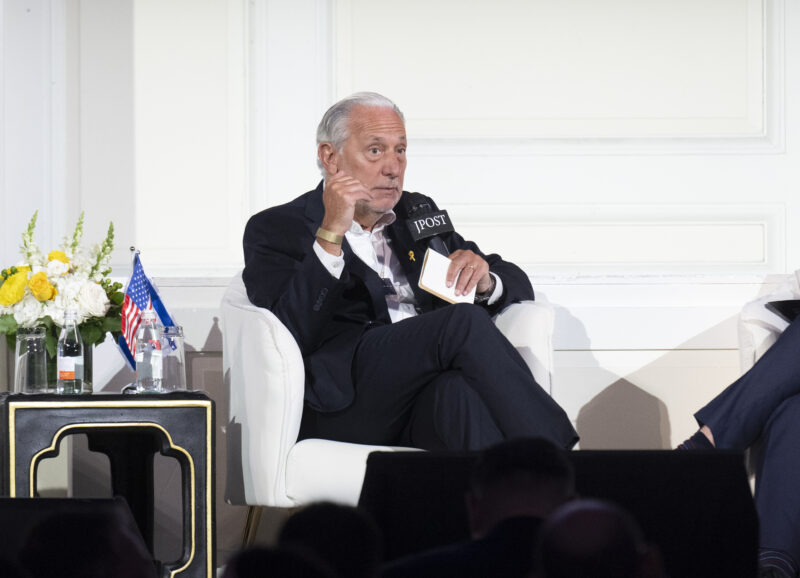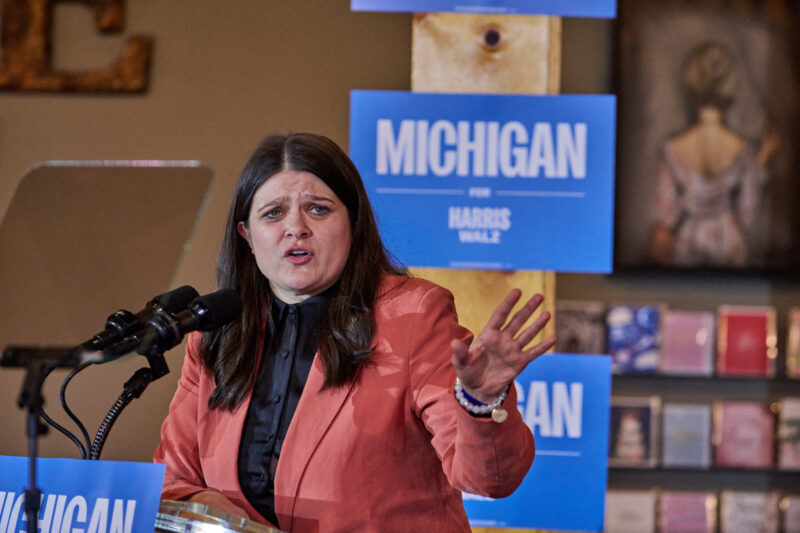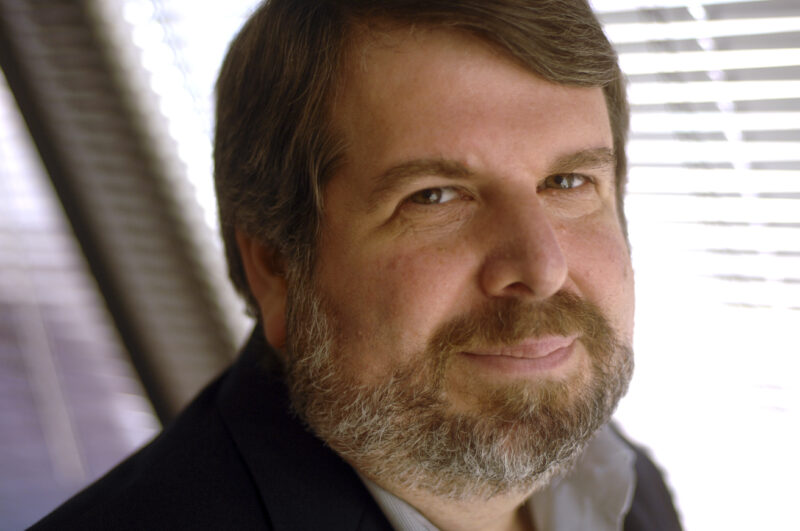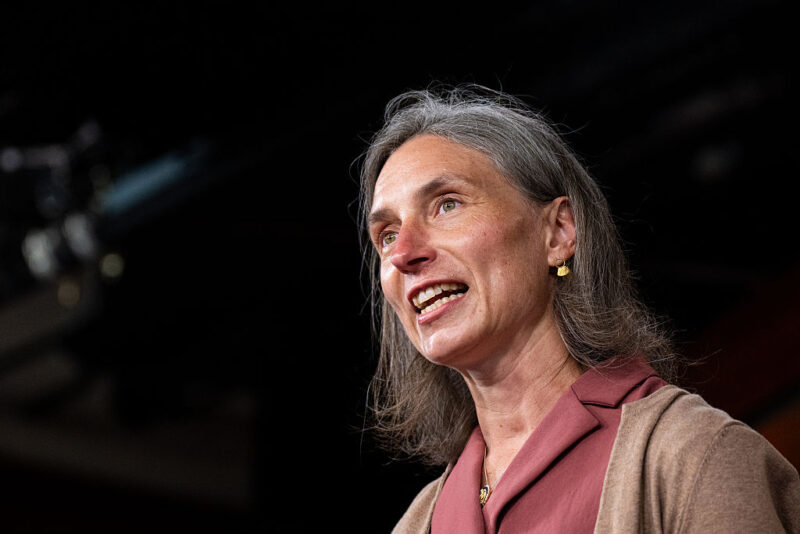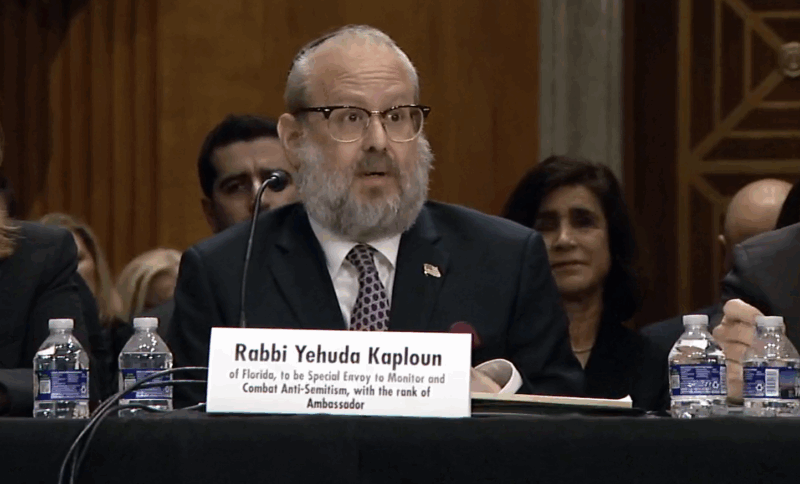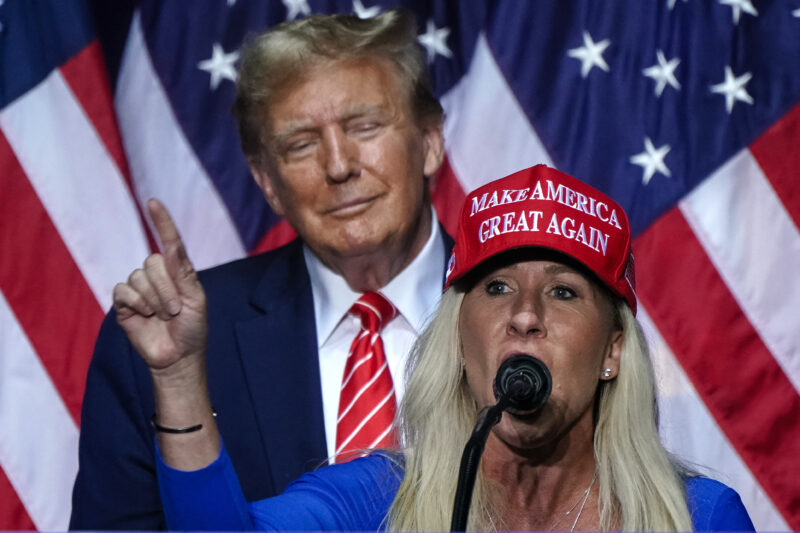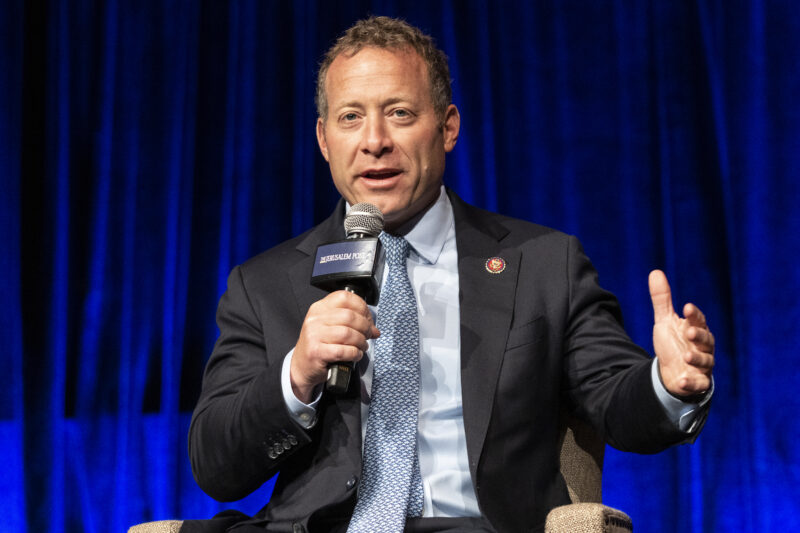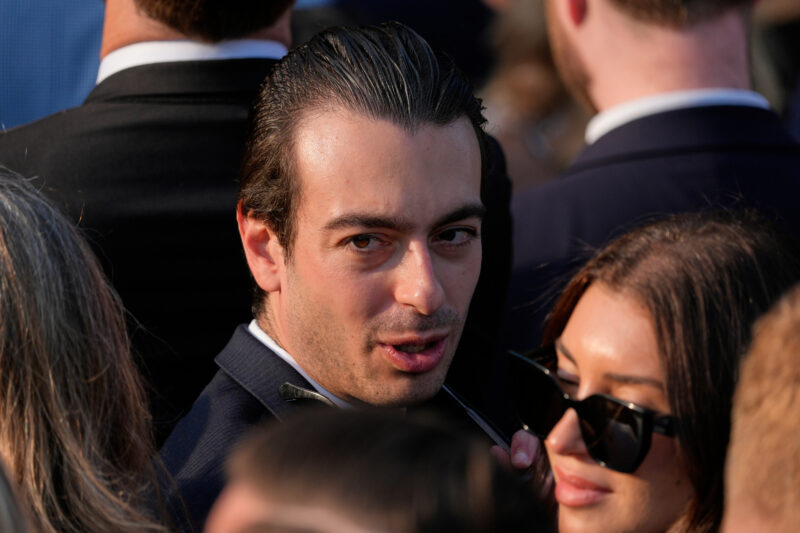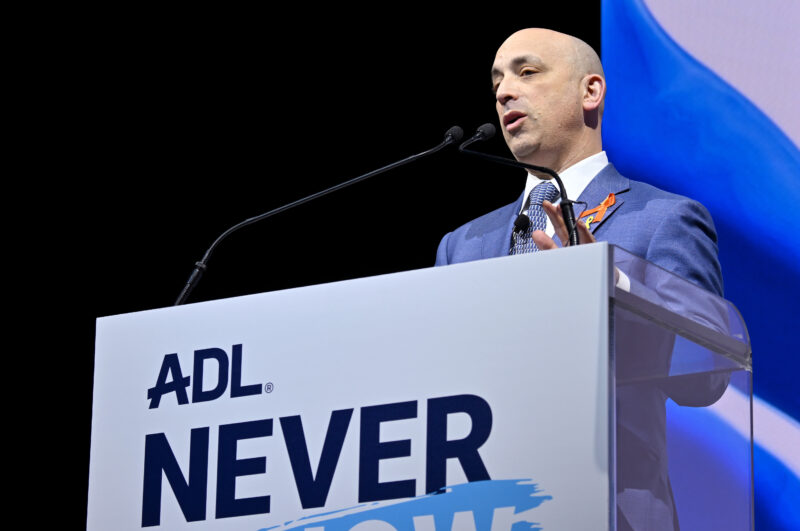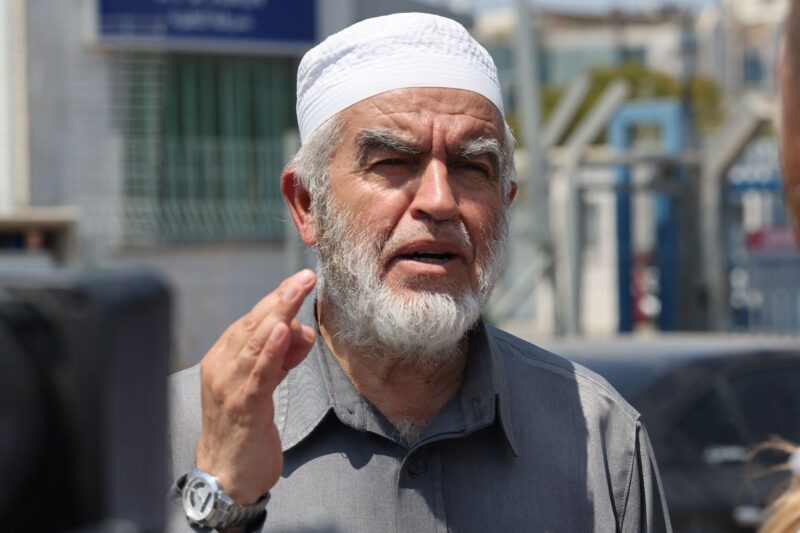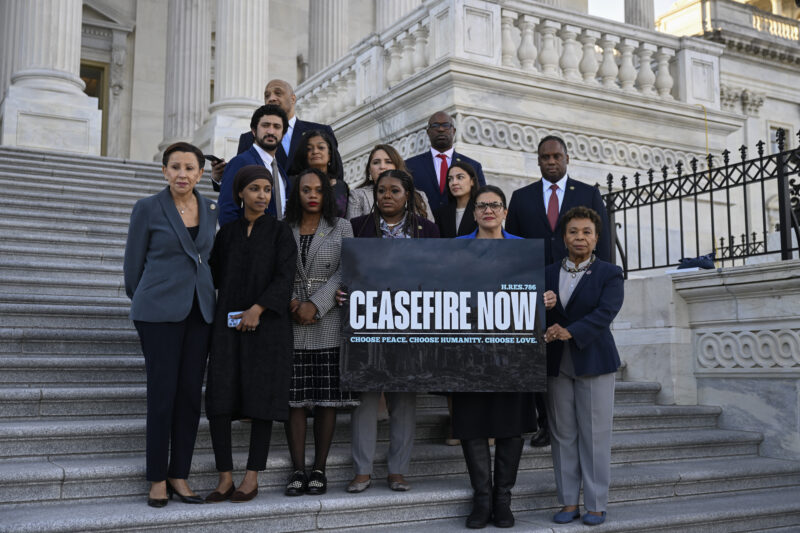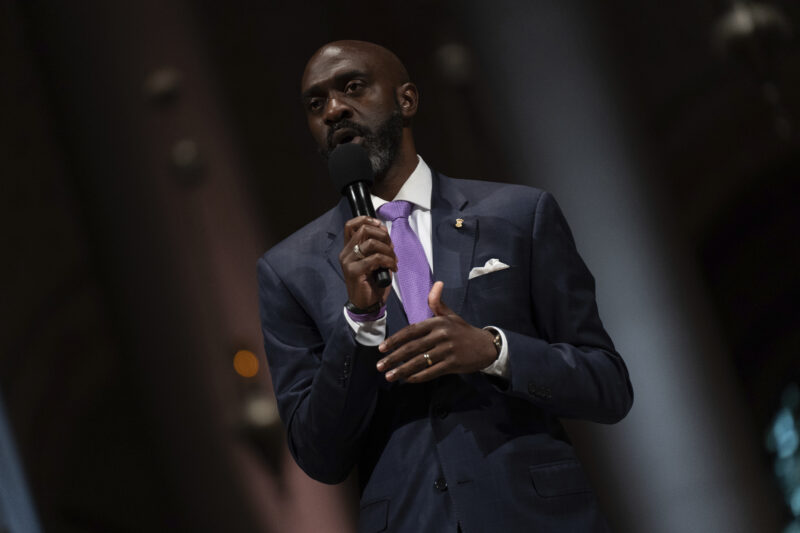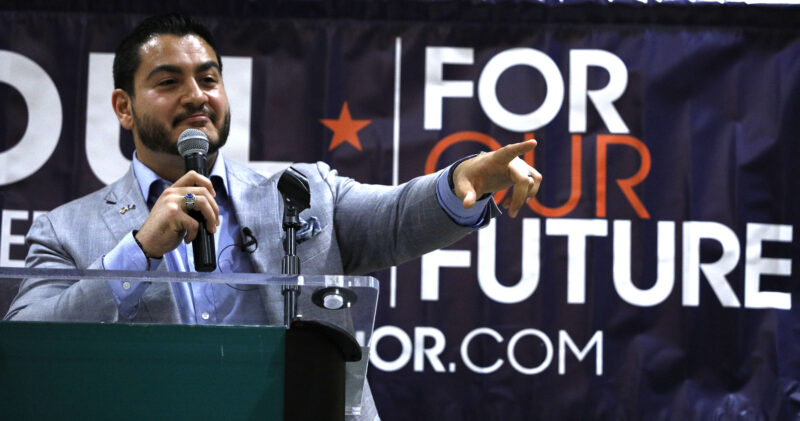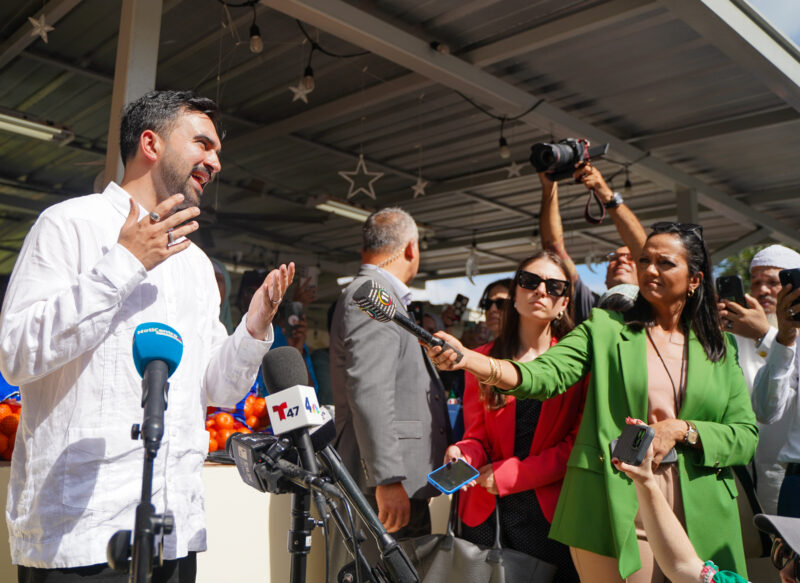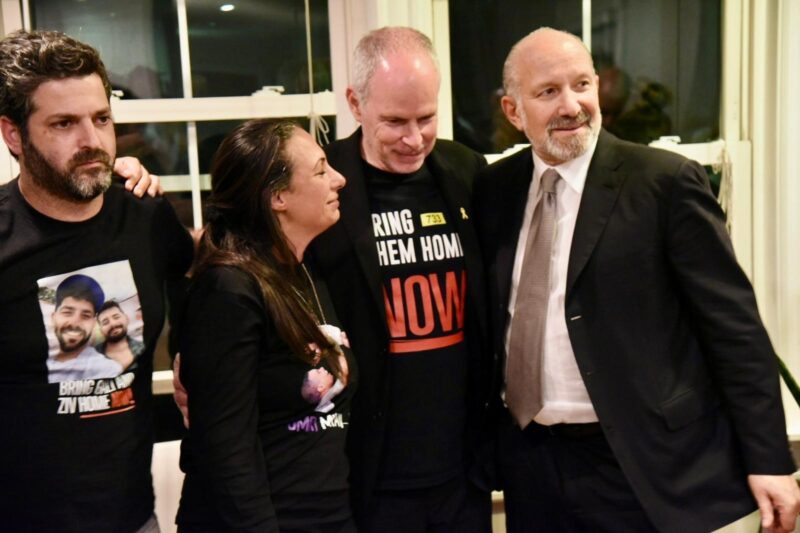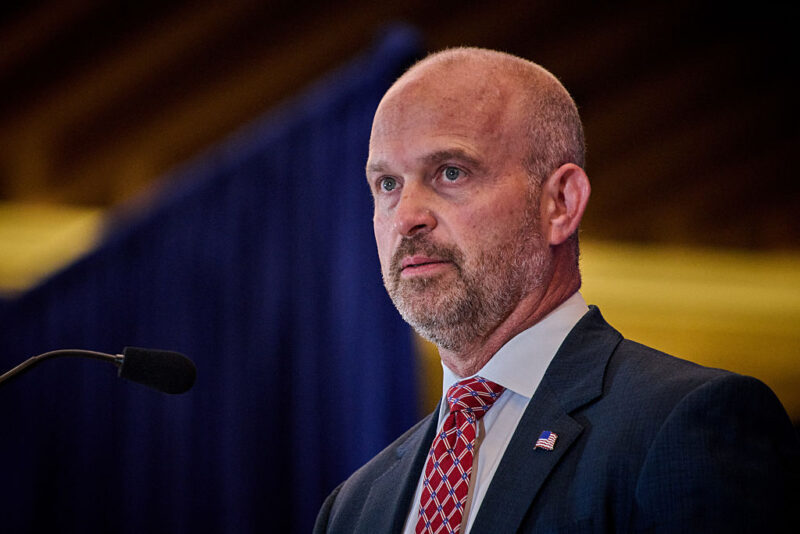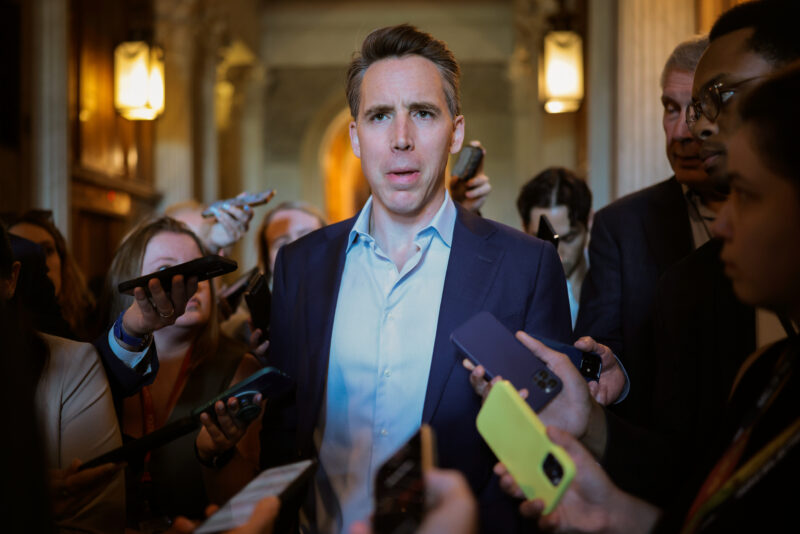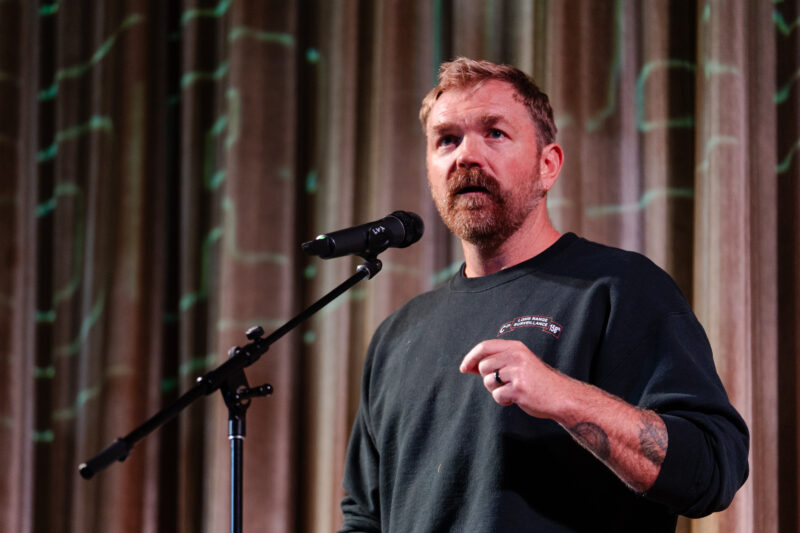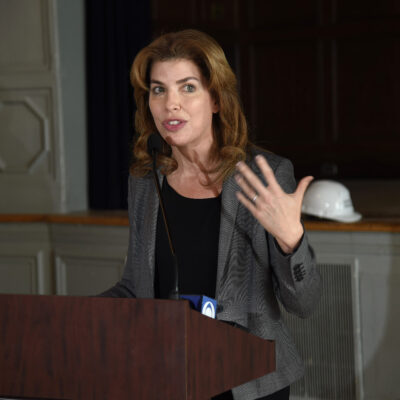
Daily Kickoff: Meet Shimrit Meir, Naftali Bennett’s top advisor + Phillip Swagel of the Congressional Budget Office
👋 Good Friday morning!
For less-distracted reading over the weekend, browse this week’s edition of The Weekly Print, a curated print-friendly PDF featuring a selection of recent JI stories, including: Meet Shimrit Meir, Naftali Bennett’s key advisor; Israel is building a wall of lasers to defend against rockets. Will it work?; Shontel Brown notches primary win: ‘This was a faith fight’; 62 senators, including 16 Democrats, vote to oppose nuclear-only Iran deal; At Milken conference, puppies and panel discussions draw crowds; Mnuchin: U.S. stance toward Ukraine could reverberate in Mideast, Iran; Top Israeli energy official describes role of investors in promoting sustainable energy; and On Roe, a potential split between Orthodox Jewish groups and conservatives. Print the latest edition here.
A terror attack in the central Israeli city of Elad on Thursday night left three men dead and eight injured, one critically, as many Israelis were winding down celebrations of the country’s 74th Independence Day. The three victims were named early Friday as Yonatan Havakuk, Boaz Gol and Oren Ben Yiftah, all young fathers who leave behind a total of 16 children.
Israeli Prime Minister Naftali Bennett tweeted on Friday morning, “Our enemies have embarked on a murderous campaign against Jews wherever they are. Their purpose is to break our spirit; They will fail. We will lay our hands on the terrorists and their supporters, and they will pay the price.”
A massive manhunt for the terrorists continued Friday morning, with Israeli police identifying the suspects as As’ad Alrafa’ani, 19, and Sabhi abu Shakir, 20, both from the Palestinan village of Rumana, near the West Bank city of Jenin. One of the assailants was reported to have used an axe in the attack, which occurred in a city park. This is the seventh such terror attack in a month and a half, leaving 19 civilians and soldiers dead.
Is Ehud Olmert returning to politics? Not quite, but according to The New York Times’ Alexander Burns and Jonathan Martin in their new book, This Shall Not Pass: Trump, Biden, and the Battle for the America’s Future, in early 2019, upon a spontaneous encounter at a New York restaurant, the former Israeli prime minister, who did not realize he was speaking the presence of two journalists, offered himself up — ”half-jokingly” — to help then-Sen. Kamala Harris, who would soon enter the presidential race, reach out to Jewish voters.
U.S. Ambassador to Israel Tom Nides told an Atlantic Council forum that he seeks to “keep the vision of a two-state solution alive,” calling a one-state solution “a disaster for a democratic state,” but added, “I’m under no illusions here that I’m going to be getting to a moment in the Rose Garden where they present me with my Nobel Peace Prize.”
Nides also emphasized what he said was the close communication between the U.S. and Israeli officials, recounting that he had met “several” times yesterday — on a holiday, Yom Ha’atzmaut — with Israeli President Naftali Bennett, spoken with President Isaac Herzog three times and had a brief meeting with Foreign Minister Yair Lapid.
“I call myself a Jewtina,” Los Angeles city attorney candidate Hydee Feldstein Soto said at a recent candidate forum. “Jewish values include justice and doing good. Latina values include collaboration, getting the job done, solving the problem with transparency.”
figure to know
Meet Shimrit Meir, Naftali Bennett’s key advisor

Less than a year into office, Israeli Prime Minister Naftali Bennett has already left an indelible mark on the world stage. Last December, he became the first Israeli leader to openly visit the United Arab Emirates; a few months later, he did the same in Bahrain. Then, in early March, he surprised the world by flying to Moscow, on Shabbat, to meet President Vladimir Putin – an attempt, he said, to mediate between Russia and Ukrainian President Volodymyr Zelensky. As Bennett’s presence in the international arena grows, many believe the credit for turning a once-rowdy politician into a world-class statesman and viable alternative to long-serving former Prime Minister Benjamin Netanyahu should go to Shimrit Meir, Bennett’s savvy but sometimes contentious senior foreign policy advisor, Jewish Insider’s Ruth Marks Eglash writes in a profile of Meir.
Stream of criticism: After a series of diplomatic victories, Meir, the first woman to hold this pivotal role and a newcomer to such high-stakes international diplomacy, is now said to be Bennett’s closest and most trusted aide. An effective problem-solver and sharp strategic thinker with a powerful grasp on regional affairs, according to those who know and have worked with the former journalist, Meir has fast become one of the most influential people in Israel today. Yet, even as the 42-year-old helps Bennett to gain recognition around the world, at home she has faced a stream of criticism and controversies, being labeled a divisive force in Israel’s top office, and drawing no small amount of headlines in her own right.
Coalition politics: “Running a government is complicated. Running a government through a coalition that is hanging on by a thread is doubly complicated. Having someone in the fulcrum of power who has never served in a leadership position in the Israeli government is malpractice — and it shows,” a source who has worked closely with Meir told Jewish Insider. “Bennett desperately needs some seasoned hands to help keep the government afloat – and he needs to start by undoing the damage that has been done by standing by and relying on Meir,” continued the source, who, like many others interviewed for this article, asked to remain anonymous.
Elements of chauvinism: Another analyst added, however, that part of the backlash against Meir, who declined to be interviewed for this story, also stemmed from the fact that she is a woman in a senior and powerful role. “Shimrit is talented, smart and hard-working – she was a great journalist – but she is also the first woman appointed to this role,” theorized the analyst. “I’m not sure that a man would have faced such terrible rumors – guys get to be professional and assertive, but women have to be nice as well; they are judged differently.”







